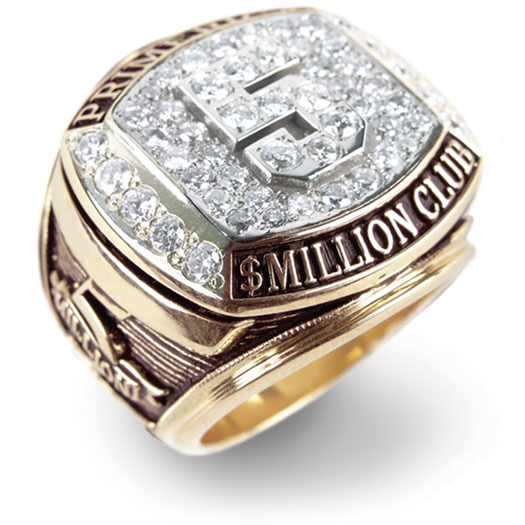“Less is more.” – Ludwig Mies van der Rohe
If you want to come up with breakthrough advertising ideas, it can help to practice a technique filmmakers use to develop blockbuster movies. The technique — which is applied to the movie’s essential idea — is called “high concept.” A movie has a high concept when its core idea is intriguing, powerful, and easy to understand.
Example: An asteroid the size of Texas is hurtling toward earth. “That’s high concept,” says James Bonnet, writing for The Writers Store e-zine. “Everyone knows exactly what that means. It arouses an emotional response, and, in just 10 words, everyone knows what the movie is about.”
The same thing could be said of a really good advertising campaign. It is built around a single, strong idea, one that is exciting, intriguing, and easy to understand.
Some copywriters and creative agencies prefer advertising that is more complex. For them, promotional ideas should be smart and eccentric or perhaps brilliant and unconventional. The thought that one of their campaigns could (or should) be reduced to a catchy phrase is disgraceful.
Yet, most of the best advertising is simple — and for a very good reason. For advertising to click, it has to appeal to what people are ALREADY thinking and feeling. The great advertising campaigns are those that “tip” a pre-existing social demand. This is true of all sorts of advertising — commercial, political, and cultural. Consider these cultural successes of the recent past:
* Power to the people!
* To each according to his needs; from each according to his ability.
* All you need is love.
The purpose of advertising is to stimulate buying — usually as much as possible in a given market. To create a flurry of interest in something, you have to say something that is easily understood. Yes, it has to be strong. Yes, it has to be intriguing. But most of all, it has to be understood.
When messages are simple, they travel fast. When they are complex, they get clogged up in the communications channel.
Back to the movie business …
Here’s how James Bonnet explains the way a typical high concept makes its way to the light:
“For example — in the ’70s, there was a very popular 90-minute TV show called ‘MacMillan and Wife,’ which starred Rock Hudson and Susan St. James. Steven Bochco, whom you’ve no doubt heard of because of shows like ‘NYPD Blue,’ was the story editor. Julie Epstein introduced me to Leonard Stern, the executive producer, who referred me to Bochco, who had never seen my work and had no idea what I could do. We had a meeting and discussed a couple of ideas, but nothing happened.
“Then one day, while I was in my kitchen making some coffee, a thought popped into my head — and on an impulse, I called Bochco.
“‘What’ve you got?’ he asked, after the usual amenities.
“‘Susan gets lost in the Bermuda Triangle.’
“‘I love it,’ he said. ‘I’ll get back to you.’
“Ten minutes later, he called me back and said: ‘I hope you can write. You’ve got a deal.’
“Now, as it turned out, Bochco had called the producer, who loved it and told Bochco to call their contact at NBC. Bochco called the contact, the contact called his superior and pitched it to him. Then the contact called Bochco back, and Bochco called me. All within less than 10 minutes. It was the highest-paying show on television, and at that moment ‘Susan gets lost in the Bermuda Triangle’ was the sum total of what I knew about that story idea.”
That’s what you want to happen with your advertising campaign. You want it to be instantly liked and passed on. To be instantly liked, something must be instantly understood. Ask yourself: “What is the high concept of my advertising campaign? Is it instantly intriguing? Instantly attractive? Instantly understandable?”
If it isn’t all of those things, you might want to test something that is truly high concept.
They SELL TRAFFIC to business owners, and that advertising revenue alone has turned them into billion dollar companies.
[Do you know how Facebook and Google became the most powerful companies in the world?
It’s NOT helping you share pics of last night’s dinner...
It’s NOT searching for drunken cat videos…
It’s NOT helping you share pics of last night’s dinner...
It’s NOT searching for drunken cat videos…
And it’s DEFINITELY NOT about free Gmail accounts.
The simple truth is Facebook and Google SELL TRAFFIC.
They SELL TRAFFIC to business owners, and that advertising revenue alone has turned them into billion dollar companies.
Traffic is the most valuable commodity on the Internet, and that will never change.
This is why using the Traffic Authority business system is the ultimate way to make extra income in your business…







No comments:
Post a Comment